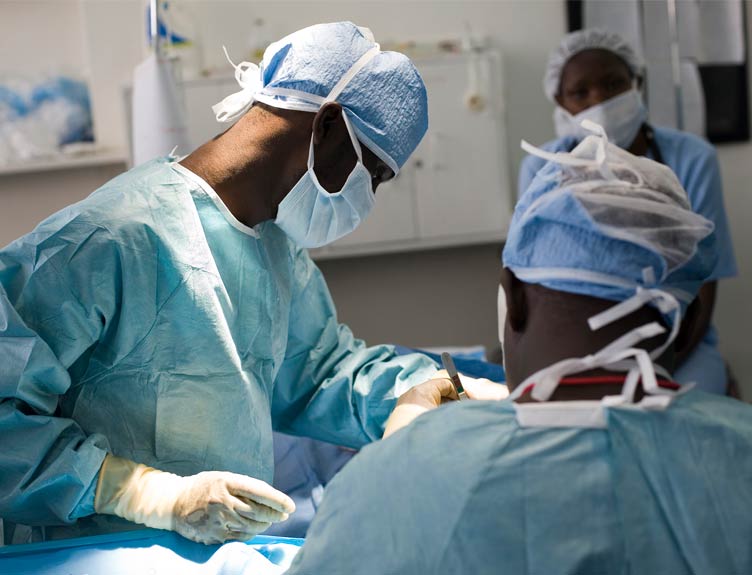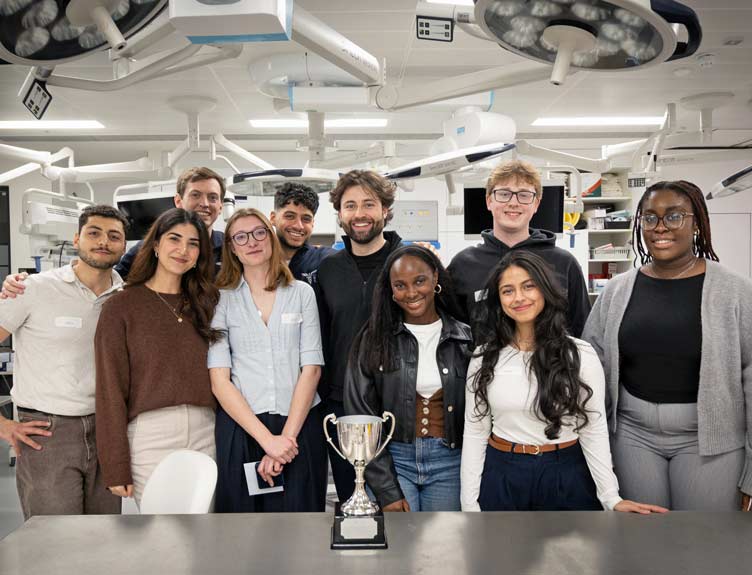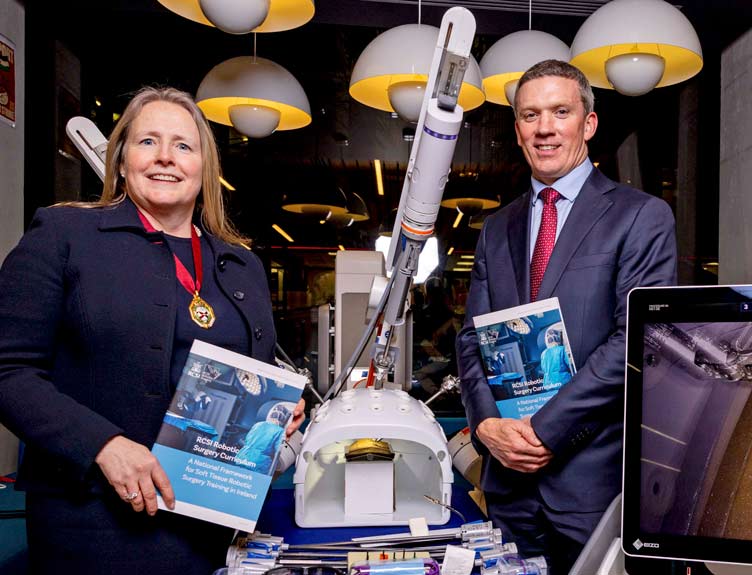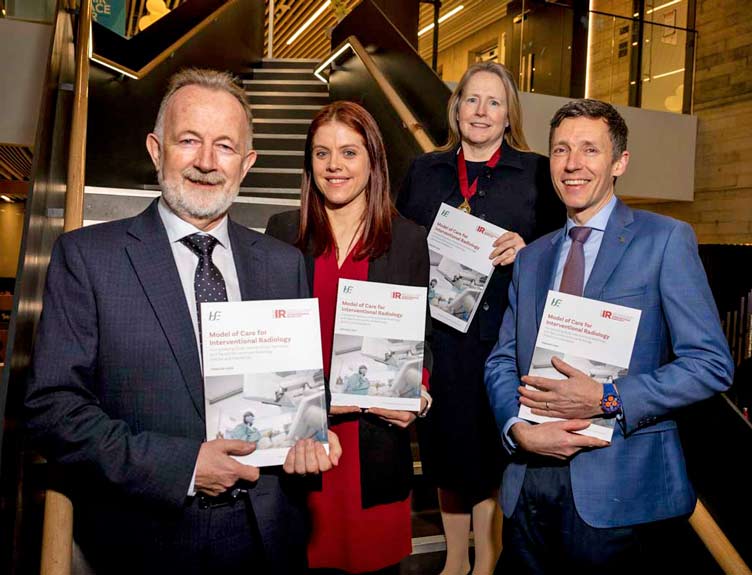93% of Sub-Saharan African population cannot access timely, affordable safe surgical care according to RCSI analysis

A new interactive map has demonstrated starkly the lack of access to surgical care throughout Sub-Saharan Africa, which results in many patients suffering disability and even death as a result of minor injuries and conditions.
RCSI, in collaboration with the College of Surgeons of East, Central and Southern Africa (COSECSA) and the International Collaboration for Essential Surgery (ICES), has developed this interactive tool mapping the number of surgeons in Sub-Saharan Africa.
There is one surgeon for every 200,000 people in the east, central and southern Africa region covered by COSECSA. This contrasts with one surgeon for every 2,000 people in Ireland.
This map is the first of its kind in the world, and will act as an important tool for policy makers, non-profits and surgical training bodies in identifying areas where additional specialist surgical care is needed. 93% of the population of Sub-Saharan Africa cannot access timely, affordable, safe surgical care. This means that many minor injuries and conditions which are dealt with through routine treatment in countries such as Ireland often end in severe and sometimes catastrophic outcomes.
Developed using a database compiled by COSECSA and RCSI, the map shows the level of specialist surgical care that is available in districts, counties and provinces in sub-Saharan Africa. It also gives information on surgeon gender and details of speciality hospitals with specialist surgical care.
The map demonstrates the power of technology to improve decision-making in healthcare across developing counties.
Speaking about the project, Eric O’Flynn, Programme Director RCSI/COSECSA Collaboration Programme said: “Lack of access to basic surgery in low and middle income countries kills more people than AIDS, TB and malaria combined. We have been working closely with COSECSA to train people in basic surgery to save more lives across the region. This tool will help us further identify areas of need, and give policy makers and NGOs a database to help them provide support and train more surgeons in more countries across the region.”
RCSI and COSECSA have been working together for 10 years to train and accredit the surgical workforce for the more than 300 million people in the 10 countries of the COSECSA region - Burundi, Ethiopia, Kenya, Malawi, Mozambique, Rwanda, Tanzania, Uganda, Zambia and Zimbabwe.
Rosemary Mugwe, CEO, COSECSA, based in Tanzania said: “Surgical care in East, Central and Southern Africa is scarce, and training is required across the region. Surgery that may seem straightforward in countries like Ireland is not available across many regions, causing serious injury and sometimes death. The map sheds a light on the lack of surgical workforce and identifies clearly the areas where surgeons are needed.”
The results of the analysis done to develop this tool shows that there is on average just 0.53 surgeons per 100,000 people in the 10 countries in the region. Furthermore, while there is considerable geographic variation between counties, the regional surgical workforce represents less than 4% of the equivalent number in developed countries indicating the magnitude of the workforce challenge to be addressed.
For more information and to view the map, please visit: globalsurgery.com or cosecsa.org/global-surgery-map



